Shady Sharks or Gentle Giants: The Truth About Greenwashing
Hey there, eco-conscious readers! Have you ever been swayed by a product boasting an “eco-friendly” label, only to later discover that its green credentials might be more fiction than fact? Have you ever felt like you were doing your part for the planet by choosing that “green” product or supporting that “environmentally friendly” company, only to find out it might be more of a murky swamp than a lush forest? This sneaky tactic is known as greenwashing, and it’s about as welcome as a plastic bag at a sea turtle party. But fear not! We’re here to dive into the murky waters of greenwashing and emerge with the truth. Let’s get an update on the big greenwashing scam, where some businesses put on a nature-loving mask, but underneath, they’re more like shady sharks than the gentle giants they claim to be.
So, What’s the Deal with Greenwashing?
Imagine you’re strolling through the supermarket, and you spot a packet of nuts labeled with bold letters: “Eco-friendly packaging!” You think, “Great! I’m helping the Earth!” But if you dig a little deeper, you might discover that the only thing “green” about it is the color of the wrapper. That’s greenwashing in a nutshell (pun intended). Companies often exaggerate or fabricate their environmental efforts to lure in customers like us who want to make a difference.
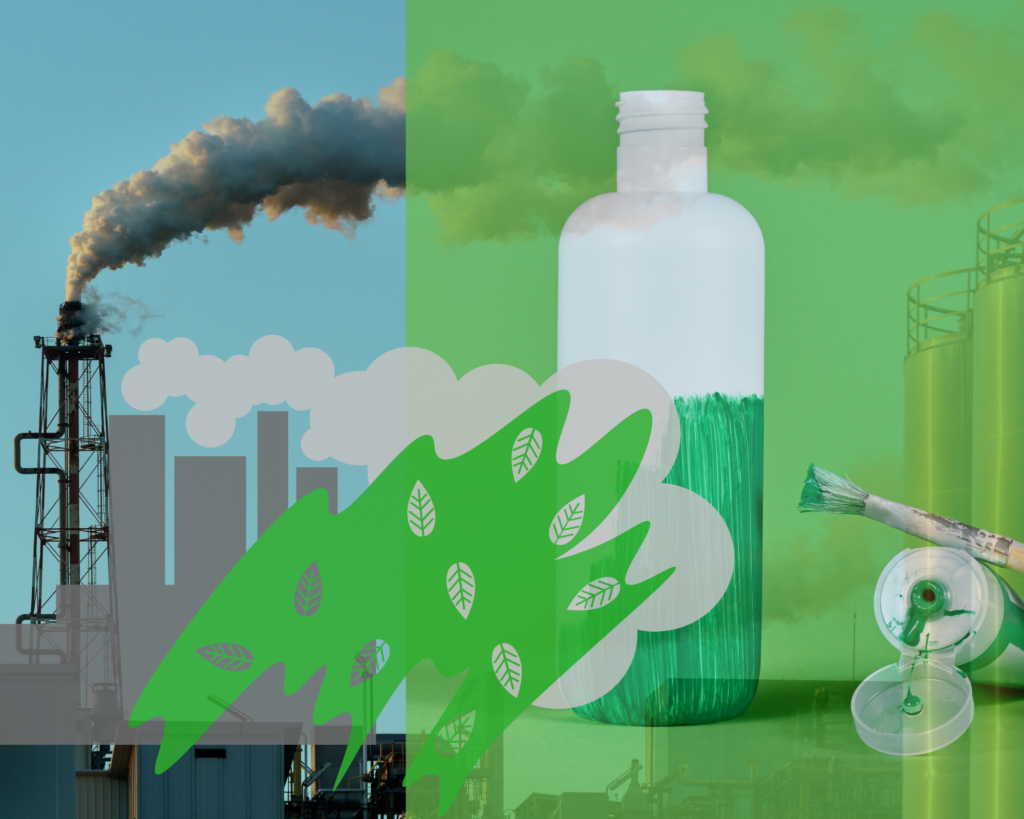
The Advertising Industry: 50 (New) Shades of Green?
Let’s start with the advertising industry, which has recently found itself under the magnifying glass. Brands have been caught embellishing their environmental efforts, and it’s causing quite the stir. Regulators are now stepping in to curb these misleading practices, ensuring that when a company claims to be “saving the planet,” they’re actually doing more than just choosing a recycling bin over a trash can (source: [The Economic Times]).
Big Oil at Climate Summits: True Change or Just a Facade
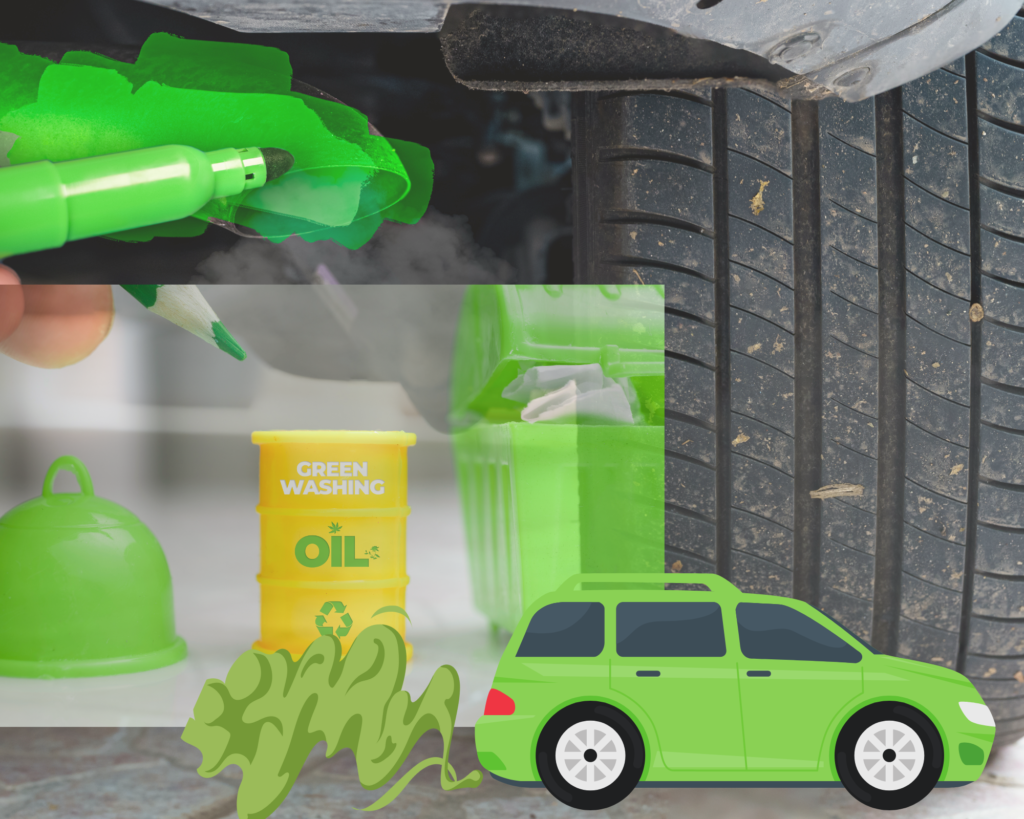
Moving on to the big leagues, the oil and gas industry. They’ve been turning up at climate summits like they’re part of the eco-club with the confidence of a peacock flaunting its feathers. However, some are questioning whether their intentions are as pure as they make them out to be. Are they genuine allies in the fight against climate change, or are they simply safeguarding their interests? It’s a debate that’s heating up faster than our planet (source: [The Independent]).
The Carbon Offsetting Illusionists
And then there’s the curious case of carbon offsetting. The concept is simple: you pay a bit extra, and your carbon footprint is magically “offset” by funding environmental projects– it’s like a diet where you eat cake and pay someone else to exercise for you. When the curtain is pulled back though, we find that these offsets might not be as effective as promised, like buying abs on a fitness infomercial— literally too good to be true
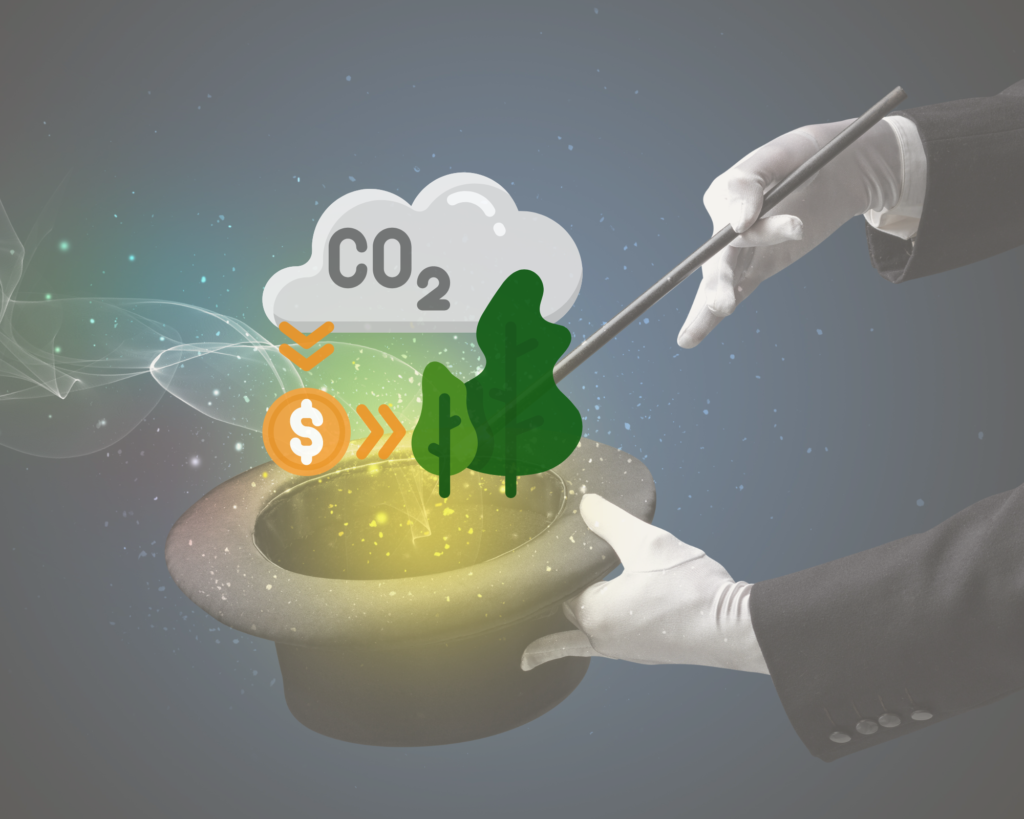
Several companies have been called out for selling this dream without delivering the reality. Some airlines have been caught in a bit of a storm for promoting the idea that you can just pay a little extra to “offset” your flight’s carbon emissions. But investigations suggest that sometimes these offsets aren’t worth the e-ticket they’re printed on. It’s a bit like buying a gym membership and never setting foot on the treadmill.
(source: [The Independent](https://www.independent.co.uk/travel/news-and-advice/carbon-offsetting-fraud-united-airlines-ceo-greenwashing-b2382122.html)).
Spotting the Shady Sharks
So, how can you, the savvy consumer, avoid the jaws of greenwashing? Look for hard facts and clear evidence. Companies that are serious about sustainability will be transparent about their practices and progress. Vague claims and fluffy language are red flags. If they’re not giving you the nitty-gritty details, you might be dealing with a shark in disguise.
Need an easy way to tell if a company is truly green or just covered in algae? Here’s a tip: Look for specifics. If they say they’re reducing emissions, check by how much, how and by when. Transparency is key. And if they’re as vague as a foggy morning about their environmental impact, chances are they’re blowing more smoke than a chimney. Have a look at this article to know more.
(source: [Financial Times](https://www.ft.com/content/78b3c741-1ab8-48f5-92a8-4e98dfa230ab)).
Brand advertising is now under some serious scrutiny. It seems that some brands are painting themselves greener than a field of Irish clover, but their actions are as brown as a dried-up leaf. Regulators are starting to sniff around, looking to put a stop to these misleading claims. After all, if a company says they’re “100% committed to the environment,” they better be doing more than just recycling their office paper.
Conclusion: Be a Smart Eco-Shopper
In the end, responsible consumption is about staying sharp and not falling for the green-tinted glasses some brands want us to wear. It involves staying away from greenwashing companies or products and limiting use where only essentials are concerned. To wrap it up, being a responsible shopper means being a detective in the grocery aisle. Steer clear of brands that dabble in greenwashing and support those who are genuine about their green initiatives.
Every purchase is a vote for the kind of world we want to live in, so let’s vote for a future that’s as bright and green as a field of spring grass, not one that’s green only on the surface.
Let’s make it a greener, cleaner, and sneaky shark-free zone, shall we? Keep your eyes peeled, ask questions, and let’s keep the giants gentle and the sharks at bay!
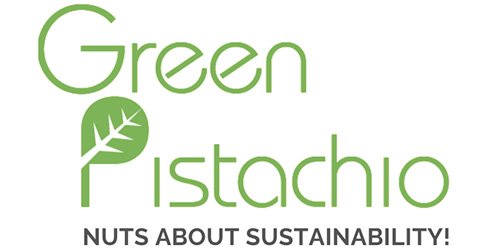
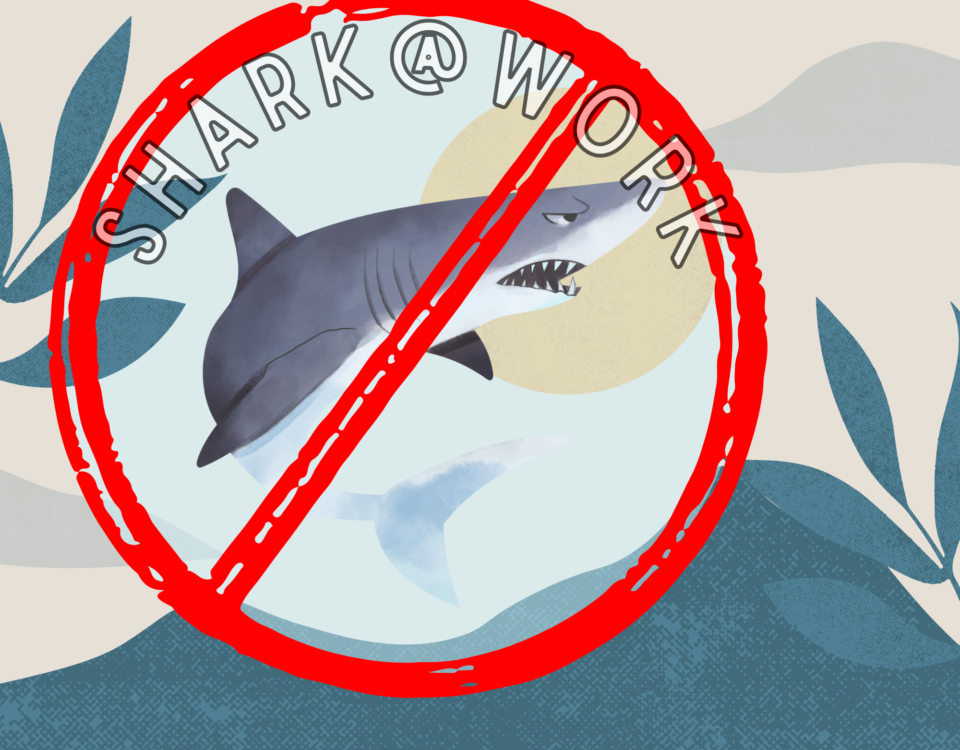





1 Comment
Unusually Hotter Than Ever: The Truth About Why Gen Z’s Done Chilling - Green Pistachio
12 months ago[…] about climate change. But it’s not just hopelessness—it’s frustration. We see corporations greenwashing their way out of responsibility, governments moving at a snail’s pace, and a system built on […]